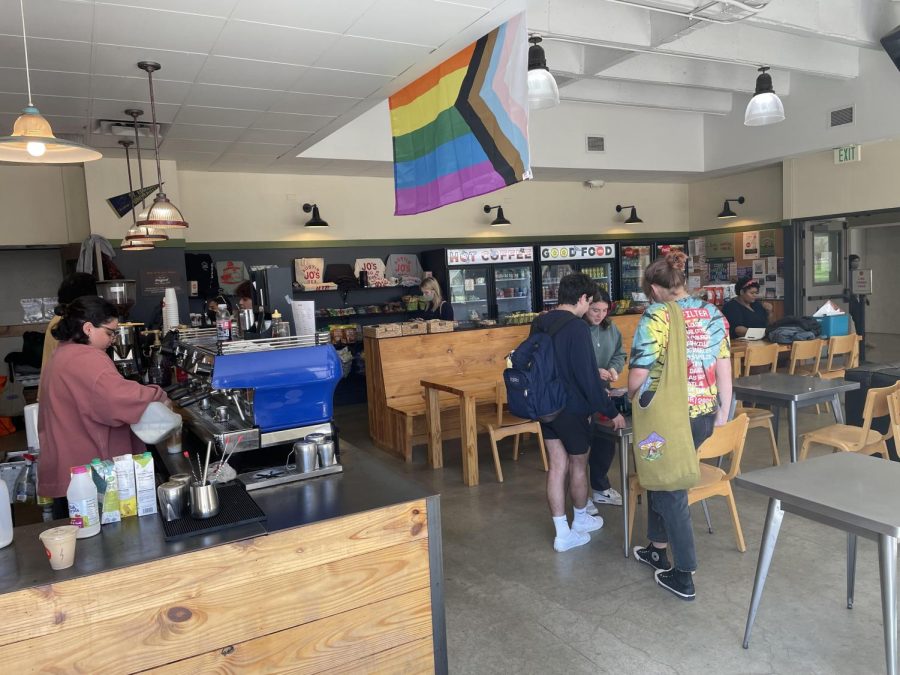OPINION: St. Edward’s should maintain mask mandate, protect students vulnerable to severe illness
St. Edward’s ended its mask mandate. Students who are vulnerable to severe illness have been placed at risk.
As we enter our third full year living with COVID-19, the quest to return to normal has become less of a dull throb in the back of our ears and more of a roar. A normal world free of masks, hand sanitizer and social distancing seems right around the corner.
For many people, COVID-19 has faded into the background of a busy college semester. Events that exemplify the college experience have returned in earnest, with SXSW and Zilker Kite Festival coming back to Austin. Last week, St. Edward’s announced that masks would not be required across campus. Additionally, the university clarified that individuals cannot require masks for events, gatherings, or courses.
When I read this announcement, I felt my stomach drop. Less than five minutes later, my email inbox was full of questions. I frantically emailed my professors; “I can avoid crowded areas, but I can’t avoid my classes.” I worried for my immunocompromised professors and my professors with young children in their homes, who now could not control the level of COVID-19 precautions that took place in their own classrooms.
I also had concerns about the ramifications for student organizations. As president of the Disabled Students Organization, I had to make quick decisions about how to protect my immunocompromised members, without requiring masks. The best I could do was send an email, reminding all of our members that we have to look after each other.
Masks have been an incredible tool in the fight against COVID-19. They also have collateral benefits, bringing down the rates of respiratory illnesses for both children and adults.
It is undeniable that they work. Masks have been a lifeline, especially for high-risk and immunocompromised people like myself and fellow members of the Disabled Students Organization.
Earlier this year, I watched mask mandates repealed across the country from my perch on the Hilltop. I felt safe, knowing that my university maintained the mask mandates that allowed me to go to classes and hold meetings with a relative degree of security. Now that masks are optional, that security is gone, but immunocompromised students’ needs haven’t changed. They are still at risk, and I, along with many members of faculty and staff, feel my hands are tied.
The university is not acting on its own by making masks optional. They are following local, state and federal trends that claim we are close to getting back to normal; however, immunocompromised students, faculty and staff cannot return to normal. High-risk students deserve the opportunity to attend their education fully and presently.
The answer to protecting immunocompromised students may not lie in federal, state, local or university policies. Taking care of each other has never hinged on the policies one lives under. Everyone at St. Edward’s University has the opportunity to, and should, protect high-risk students by continuing to mask up and maintain other COVID-19 precautions.







